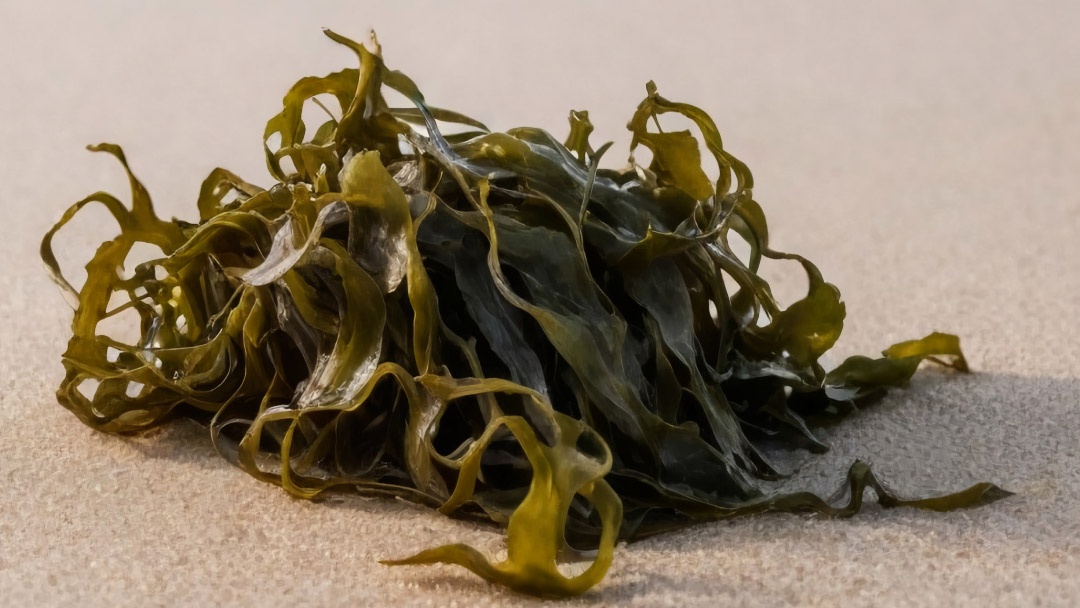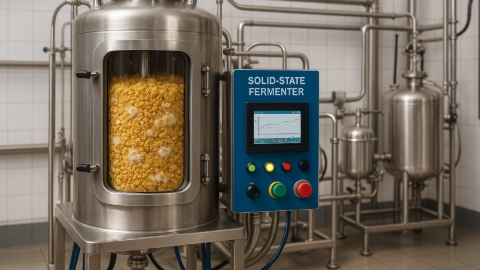
Sulfated polysaccharides extracted from marine algae possess a range of pharmacological properties that have garnered increasing interest in recent years due to their therapeutic potential. These properties include antioxidant, anticancer, antidiabetic, anti-inflammatory, and immunological activities, among others.
As a result, researchers are diligently searching for these compounds, which could lead to the development of new and effective therapeutic treatments and drugs for a wide array of diseases and health conditions in the future.
Currently, at least 11,000 species of marine algae have been identified as containing sulfated polysaccharides with various pharmacological applications. Among the most promising are the polysaccharides from Sargassum thunbergii, Gracilaria blodgettii, and Porphyra haitanensis, noted for their potent antioxidant, anticancer, and anticoagulant activities.
A scientific review led by Jegadeshwari and Rajaram has focused on identifying and characterising these compounds. Among the most intriguing discoveries is that the polysaccharides from Sargassum fusiforme can inhibit the proliferation of leukaemic cells via the PI3K/AKT/BAD pathway, both in vitro and in vivo. This highlights their potential for developing specific and effective treatments against particular types of cancer, representing a significant advancement in biomedicine.
Additionally, polysaccharides from Padina tetrastromatica have shown potential in enhancing burn wound healing by reducing inflammatory reactions and oxidative stress. Polysaccharides from Laminaria japonica have demonstrated the ability to reduce pulmonary fibrosis and inhibit TGF-β-induced epithelial-mesenchymal transition through the ERK pathway, while those derived from Codium fragile induce anticancer immunity by activating natural killer cells.
The polysaccharides from Ulva lactuca show promise in promoting gut health and digestion when used in fortified dairy products like prebiotic yoghurts. Polysaccharides from Padina tetrastromatica are effective in protecting the heart by improving hyperlipidaemia, endothelial dysfunction, and inflammation in experimental models of induced myocardial infarction.
Meanwhile, polysaccharides from Hypnea musciformis have exhibited anticancer, antimicrobial, and neuroprotective potential, underscoring their utility in various biomedical applications.
These examples illustrate the vast range of applications for algal polysaccharides and the importance of continued scientific and technological progress in this field.


